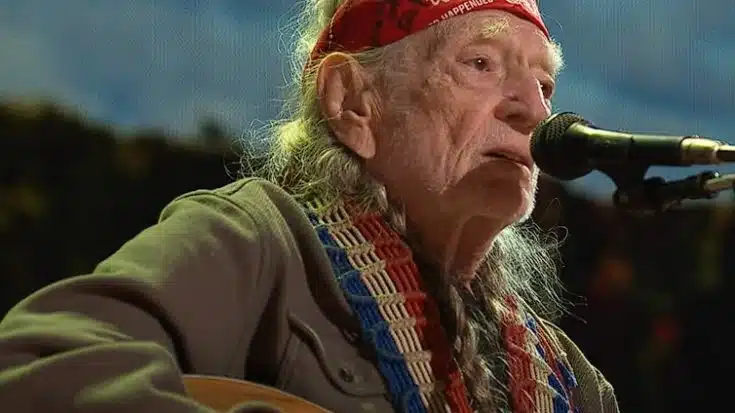Meta Description: Discover why Willie Nelson, despite his brief time at Baylor University, was banned from performing on campus. Explore the intriguing story behind this decision and its impact on his legacy.
Country music legend Willie Nelson might be known for his outlaw image, but did you know he’s also an alumnus of Baylor University? Well, kind of. Despite attending for just one spring quarter, Baylor holds a unique place in Nelson’s history. However, there’s a twist to this story. In 1988, Baylor University banned Willie Nelson from ever performing on campus. This wasn’t your typical college prank gone wrong. The ban stemmed from a planned benefit concert, leaving many scratching their heads.
Banned From His Alma Mater
Willie Nelson was a superstar in 1988 when Baylor University, his alma mater, surprisingly banned him from performing on campus. Disgruntled fans were understandably upset. In an attempt to shed light on the situation, an interviewer spoke with Eugene Baker, a university official. However, Baker’s response remained shrouded in vagueness. Acting as a spokesperson for the university president, Baker offered a puzzling explanation. He acknowledged Nelson’s positive influence on a wide audience but claimed the singer hadn’t used his platform effectively.
“Mr. Nelson has had great opportunity to be a positive influence to many young people, as well as older people throughout America in a positive way, but he has not availed himself of this particular opportunity,” Baker told the interviewer. “And therefore, because of this, we felt that his type of concert would not be suitable for our campus.”
Baylor Explains (Sort Of)
Baker obviously found himself in a tight spot during the interview regarding the Willie Nelson ban. While vehemently denying any personal dislike of Nelson’s music or accusations of wrongdoing, he emphasized Baylor’s role as a Christian institution. Baker argued that a concert wouldn’t align with their “purposes and goals.” This explanation, however, lacked specifics, raising further questions.
The interview, preserved on the Texas Archive, reveals Baker’s discomfort. He repeatedly deflects the interviewer’s requests for details, resorting to vague statements like “one place doesn’t mean every place.” As the interview progresses, Baker seems to acknowledge the futility of the conversation, predicting it will continue in circles—him offering generalities while the interviewer pushes for specifics. He just uncomfortably concluded, “We will probably be here all day because I will continue to speak in general terms, and you will continue to request specifics.”
Unanswered Questions and Lingering Controversy
Despite Baker’s attempt to deflect questions with general statements, the true reason for the ban remained shrouded in mystery. Was it Nelson’s association with marijuana, alcohol, or his past arrests? Baker wouldn’t say. He even pointed out the lack of connection between Nelson and Baylor, implying neither side felt a strong bond. Interestingly, Baker reiterated support for the town of Leroy, which would have benefited from the concert. The ban, remarkably, persists to this day.
In 2019, a “Free Willie” petition emerged, urging Baylor president Linda Livingstone to reconsider. However, with minimal traction, it seems unlikely the university will budge on their stance against the “Shotgun Willie” persona. While the specifics may never be known, this remains a curious footnote in Willie Nelson’s legacy and a point of ongoing debate regarding artistic expression on a religious campus.


